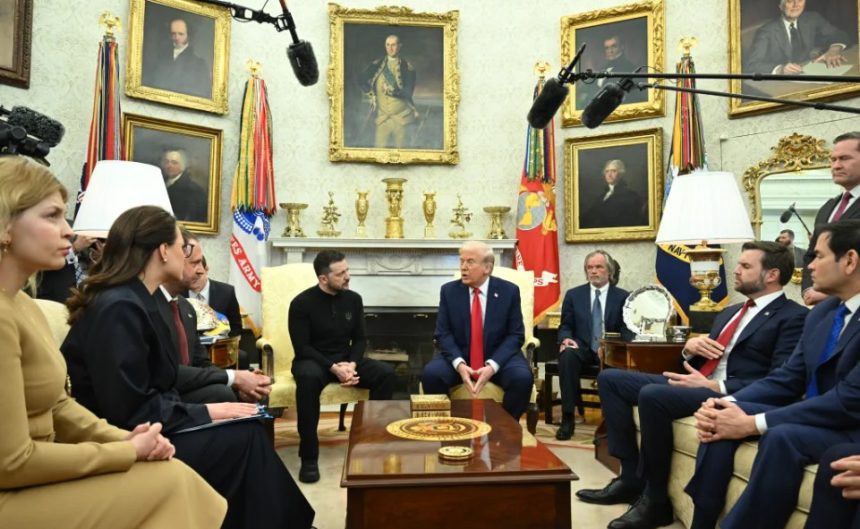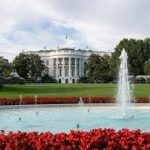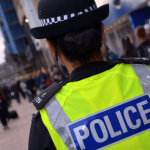London Summit Pushes for Ukraine Peace Plan as Leaders Back “Coalition of the Willing”
Leaders from across Europe and beyond gathered in London this week to hammer out a united approach to peace in Ukraine. The talks, hosted by UK Prime Minister Keir Starmer, focused on building a “coalition of the willing” to ensure any peace deal with Russia is not just signed, but survives.
Aim of the meeting
The aim wasn’t just to talk. Leaders want guarantees for Ukraine’s security if a ceasefire or peace deal is reached. Without those guarantees, many fear any truce would be short-lived.
Starmer said the talks had moved into an “operational phase” – meaning real planning is underway. And if diplomacy stalls, leaders promised more sanctions on Russia and stronger military backing for Ukraine.
Starmer’s four big promises
At the press briefing, the Prime Minister laid out four clear pledges:
- Keep weapons and aid flowing to Kyiv, while turning the screw harder on Moscow with sanctions.
- Put Ukraine’s sovereignty and security at the heart of any peace deal.
- Help Ukraine rebuild its defences after a deal to stop future invasions.
- Build a coalition of nations ready to enforce the peace and protect Ukraine long term.
He also warned that Britain would not just sign papers. The UK would back its commitments with “boots on the ground, and planes in the air.”
The UK confirmed a £1.6 billion package to fund more than 5,000 air defence missiles, which will be built in Belfast. This follows a £2.2 billion loan to Ukraine, using frozen Russian assets.
EU chief Ursula von der Leyen was blunt. Europe, she said, must re-arm after years of underinvestment. NATO’s new secretary-general, Mark Rutte, echoed the point, praising European countries for “stepping up”.
The gathering underscored how European leaders are taking centre stage in shaping the talks, with many of them joining Zelenskyy and Starmer around the table.
List of leaders who are set to join the meeting
The summit wasn’t short of star power. Here’s who joined Zelenskyy and Starmer around the table:
| Country | Representative | Title |
|---|---|---|
| Canada | Justin Trudeau | Prime Minister |
| Czech Republic | Petr Fiala | Prime Minister |
| Denmark | Mette Frederiksen | Prime Minister |
| Finland | Alexander Stubb | President |
| France | Emmanuel Macron | President |
| Germany | Olaf Scholz | Chancellor |
| Italy | Giorgia Meloni | Prime Minister |
| Netherlands | Dick Schoof | Prime Minister |
| Norway | Jonas Gahr Støre | Prime Minister |
| Poland | Donald Tusk | Prime Minister |
| Romania | Ilie Bolojan | Interim President |
| Spain | Pedro Sánchez | Prime Minister |
| Sweden | Ulf Kristersson | Prime Minister |
| Turkey | Hakan Fidan | Foreign Minister |
| Ukraine | Volodymyr Zelenskyy | President |
| United Kingdom | Keir Starmer (host) | Prime Minister |
Finland’s President Alexander Stubb revealed that Helsinki and Oslo are already helping draft a UK-France-Ukraine peace plan. But he hinted neighbours of Russia may not provide troops, instead playing other roles to enforce any deal.
This summit comes hot on the heels of another major moment, when Zelensky met Trump in Washington to discuss America’s part in the negotiations. Together, these meetings are shaping what could be the most serious push for peace since the war began.
What comes next? The exact details of the coalition are still being shaped. But one thing is clear: Europe is preparing to carry more of the load.
And if peace talks collapse, London showed the world that Europe isn’t waiting on Washington – it’s ready to act.






